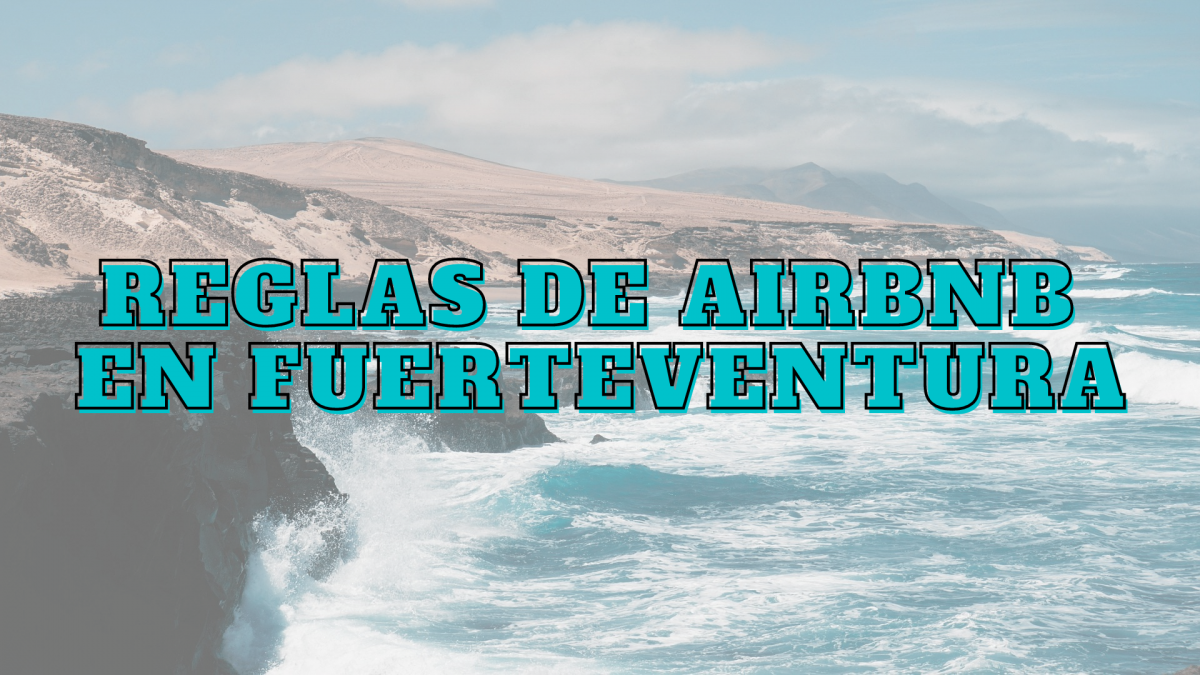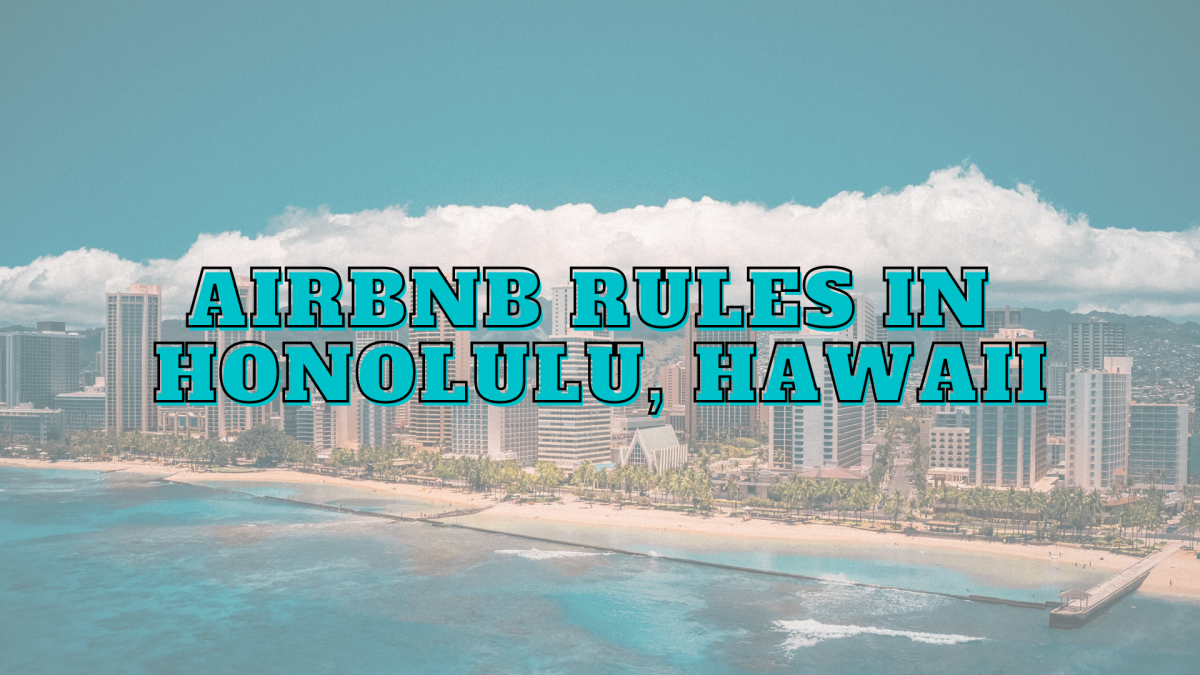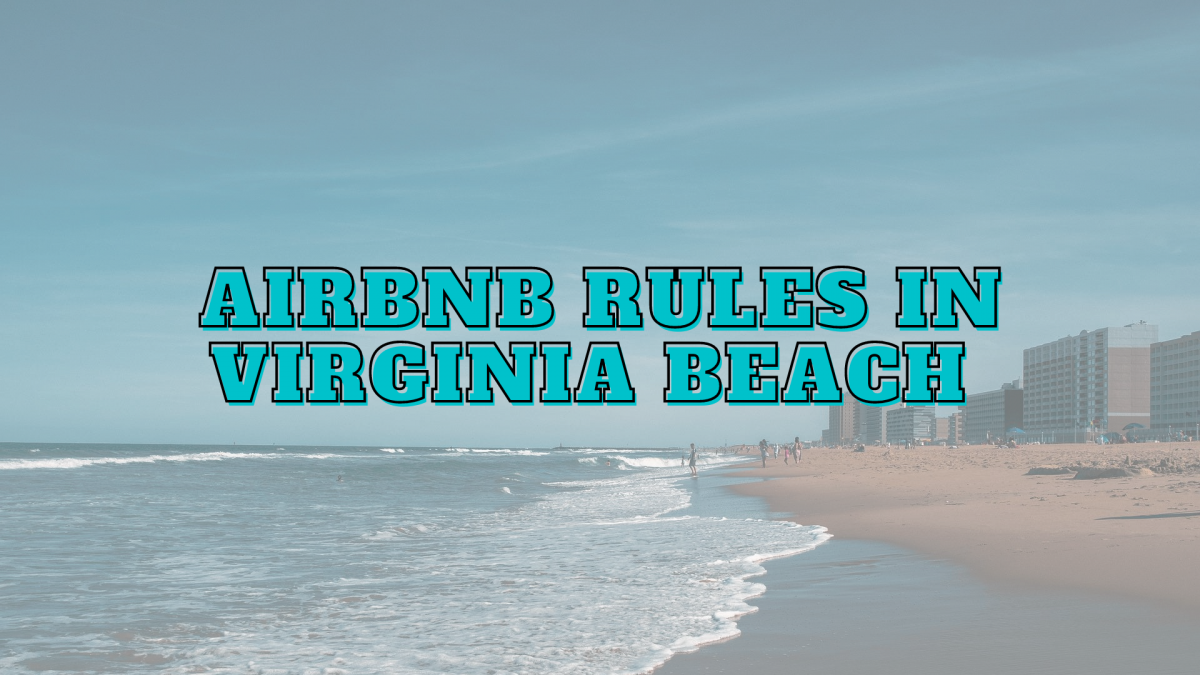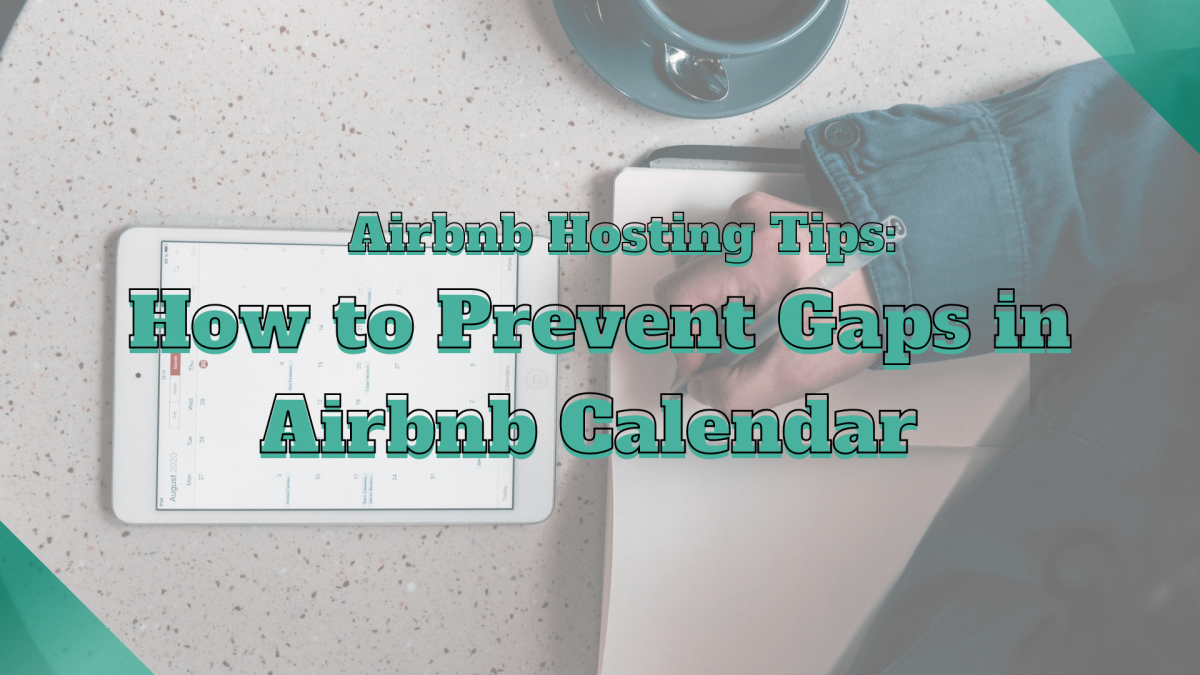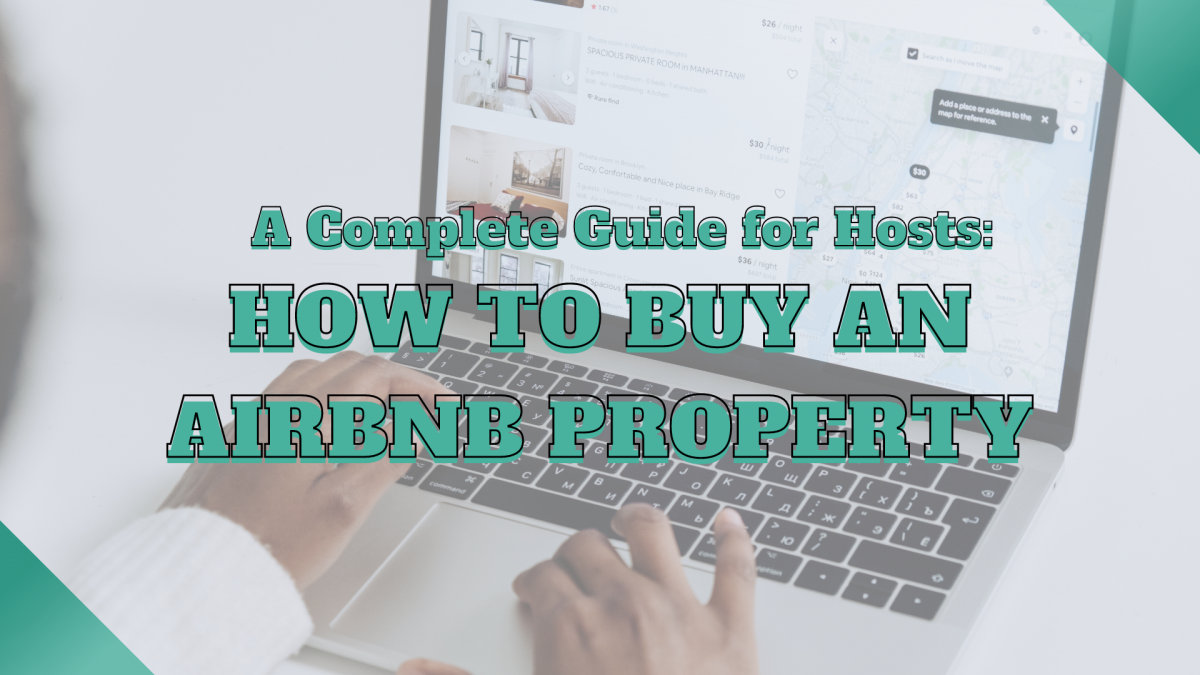Si estas pensando en comprar inversiones inmobiliarias en España, específicamente en Fuerteventura, debes tener en cuenta que para establecer un Airbnb y alquileres a corto plazo, los propietarios necesitan cumplir con ciertos requisitos y reglas. Hay muchas localidades en España con una alta demanda en lo que a Airbnb y alquileres a corto plazo respecta, […]
